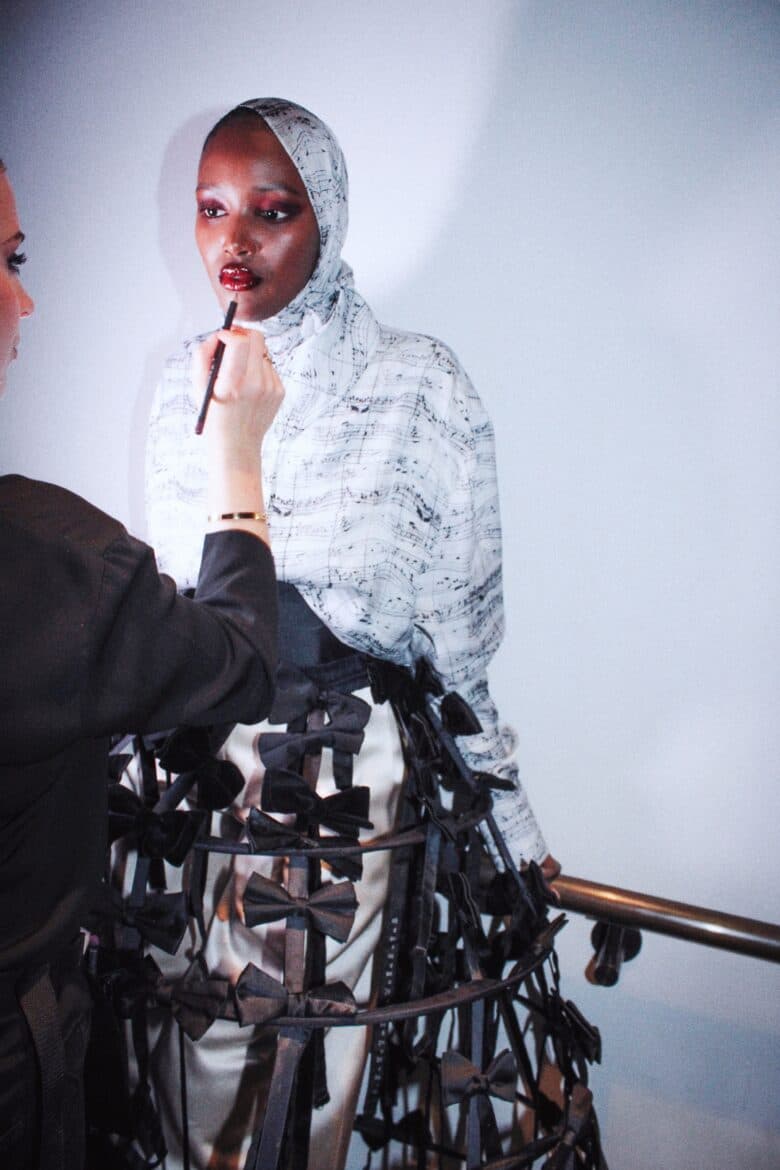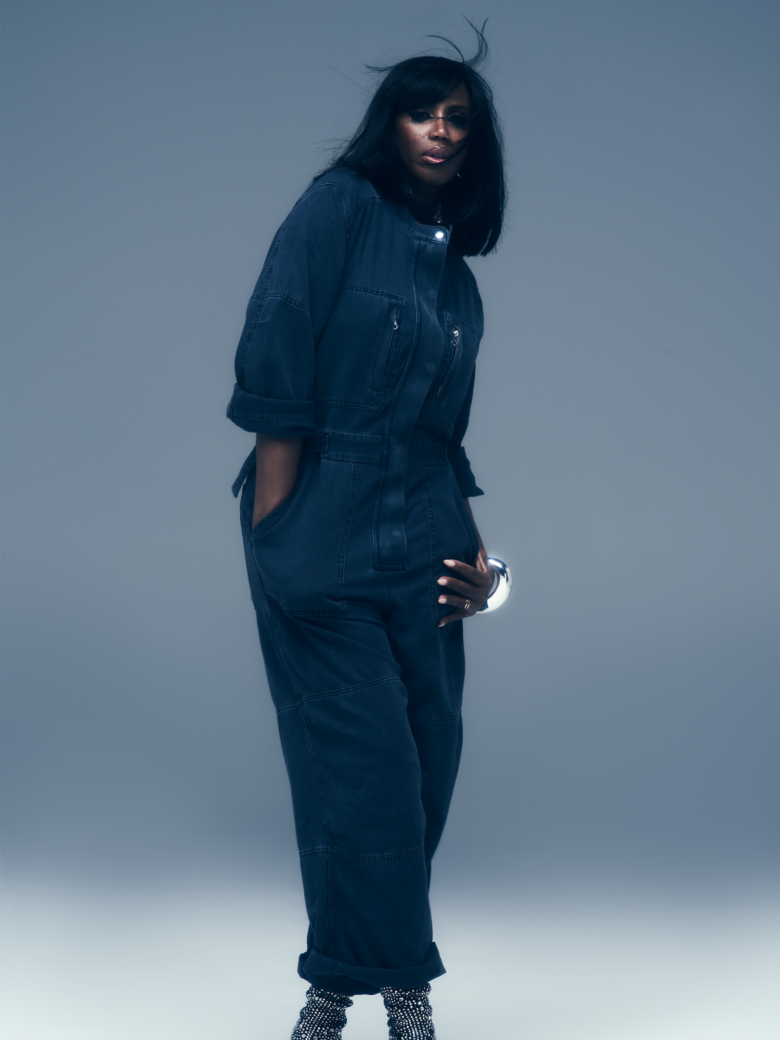Boots Riley on the fantasy of ‘Sorry to Bother You’ and the reality of racism in 2018
Tearing down boundaries cinematic and societal, Boots Riley is not sorry to bother you. The renowned rapper and blossoming auteur is ready to tell a story unlike anything you’ve heard, and for good reason: it’s sharp, satirical, sophisticated, surreal and just about everything in between. Sorry to Bother You knocked us all back with it’s incredible wit and assertive sense of self, but Boots Riley is just getting started. Telling the story of Cassius Green, a black telemarketer who learns the secret to selling is his ‘White Voice’, no matter what the sale is, and there Riley’s capitalist critique finds its feet flawlessly. We caught up with the director to delve deeper into his and Cassius’ world, and what Boots Riley’s 2018 looks like…
When did you think I’m going to make Sorry to Bother You? How did the process evolve?
I went to film school and so back then I first started to think about making a feature. But I didn’t actually sit down to write Sorry to Bother You until 2011. How I create anything, songs or writing, is lots of sitting around writing ideas, whether it’s just one line – “A scene where this happens” or “Person does this”. I have various notebooks that I try and have, one for the movie, one for the album, or whatever, and then it all gets mixed up together. I’ll be writing all over the place, but I knew that Sorry to Bother You would be a movie that took place in a telemarketing world, and that there would be a struggle where he [Cassius] had to decide what side he was on. That’s all I knew when I started. The argument that Cassius and his best friend Sal have in front of the telemarketing office, and that was something that happened to my little brother. I remember saying, I’m going to put that in a movie one day! But other than that, I took the journey with Cassius, all the fantastical stuff came in as I needed to explain it.
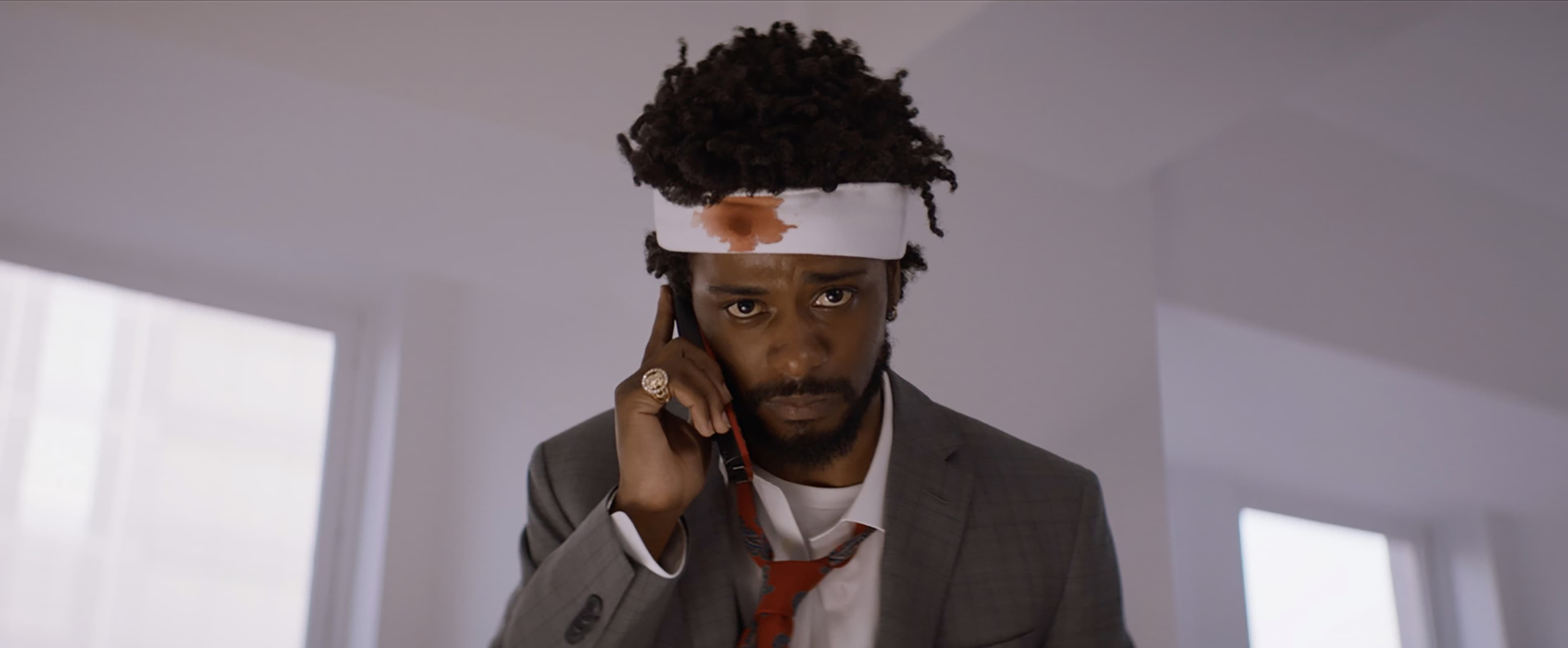
You flawlessly articulate social and racial issues in the film, how did you develop your way of voicing these?
I think it’s just me being honest with what I think about the world. Often with art, your first inclination when you’re going to write something is somewhat clichéd. If I was going to sit down and write a break up scene, the thing that I would be inclined to do would be based on my own ideas in my head of breakups – which are actually not my own, they’re usually formed by what we’ve absorbed from films and TV. If you were to go back and transcribe your last break up, you’d think that it wasn’t very cinematic, which I think is mostly because of our preconceived ideas of how things should be. For instance, I’ve never been to Delhi in India, but I have a picture in my head of how people are dressed, what it sounds like, what it smells like, what automobiles look like, and yet I’ve never even seen so much as a documentary about it. If I was to write a scene about it, those ideals in my head would come through – from James Bond movies or whatever (laughs). Often the other art we’ve seen feels like our own experience, so you have to kind of figure out how to be honest about how you feel about something. I found that with music too, you might want to sit down and write a love song, but there’s all these clichés you work through – I love you, do you love me, more than that other person – and I have to instead sit there and find how I can be honest about. For example I wrote ‘I Just Wanna Lay Around All Day In Bed With You’ some years back and that ends up connecting to my thoughts about the world, about exploitation, it leads me there because I’m being honest. When I’m writing these scenes, I’m trying to be honest about the context of how I envisage what’s happening, and that leads me to the truth. That’s how it leads me to the fantastical elements too: instead of Cash saying “hey I feel like I’m invading people’s homes when I make these calls”, which I can with the information, I’d rather make you feel that way.
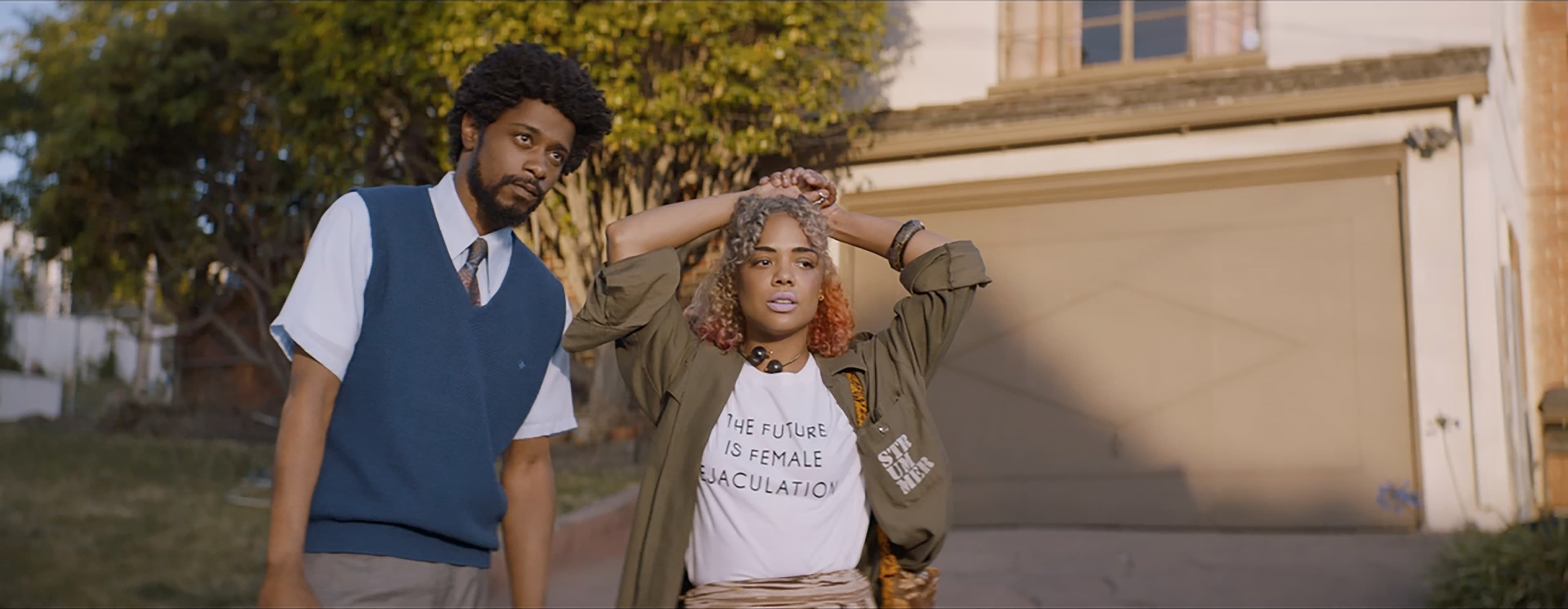
In the past few years the dialogue has been opened up about white privilege, notably the concept of ‘White Voice’ recently. You approach that head on in Sorry to Bother You, where do you think the conversation needs to lead?
I make art inspired by conversations, and to be a part of a conversation. In terms of where that should lead, it’s to head into a larger understanding: we all perform something, and I don’t think there’s any escape from that, it’s just what we do. It’s not necessarily right or wrong but what we perform is based on other ideas, so I wanted to just investigate what are the motivating factors for those things. I once did telemarketing, so for Cassius, when he’s on the phone he’s thinking “I’ll make you think I’m white so that you’ll feel like I’m similar to you, and so that you won’t – with your racist ideas – be scared to give me your credit card information” (laughs). That’s that part of it, but it also investigates the idea of white people performing whiteness, it says that ‘White Voice’ doesn’t really exist – it’s just what people think they’re supposed to sound like, or even wished they sounded like. To me, it works as a reaction to racist tropes of people of colour in cinema: the racist perspective that black culture is inconsistent with survival. That they’re savage, or lazy, or have a broken family system, or they are just not prone to want to be educated. What this does, it says that poverty is the fault of the impoverished. There’s a utility for capitalism in that because what it’s doing is it’s hiding the fact that capitalism needs poverty to exist, it needs unemployment to exist. If you had full employment people could demand whatever wage they want, you need an army of unemployed people to keep wages low. Certain publications, like Wall Street Journal, will actively worry when unemployment rates go down because wages go up and stocks go down. So, how do you tell the white American Working Class (the biggest selection of the US population) that poverty is from their own mistakes? You don’t. You do, but you do it through the Other: you show them, don’t be that way. They think, I might be making $20,000 a year but I’m middle class, so then they relate more to the ruling class than to the working class people of colour. That’s what we need to examine.
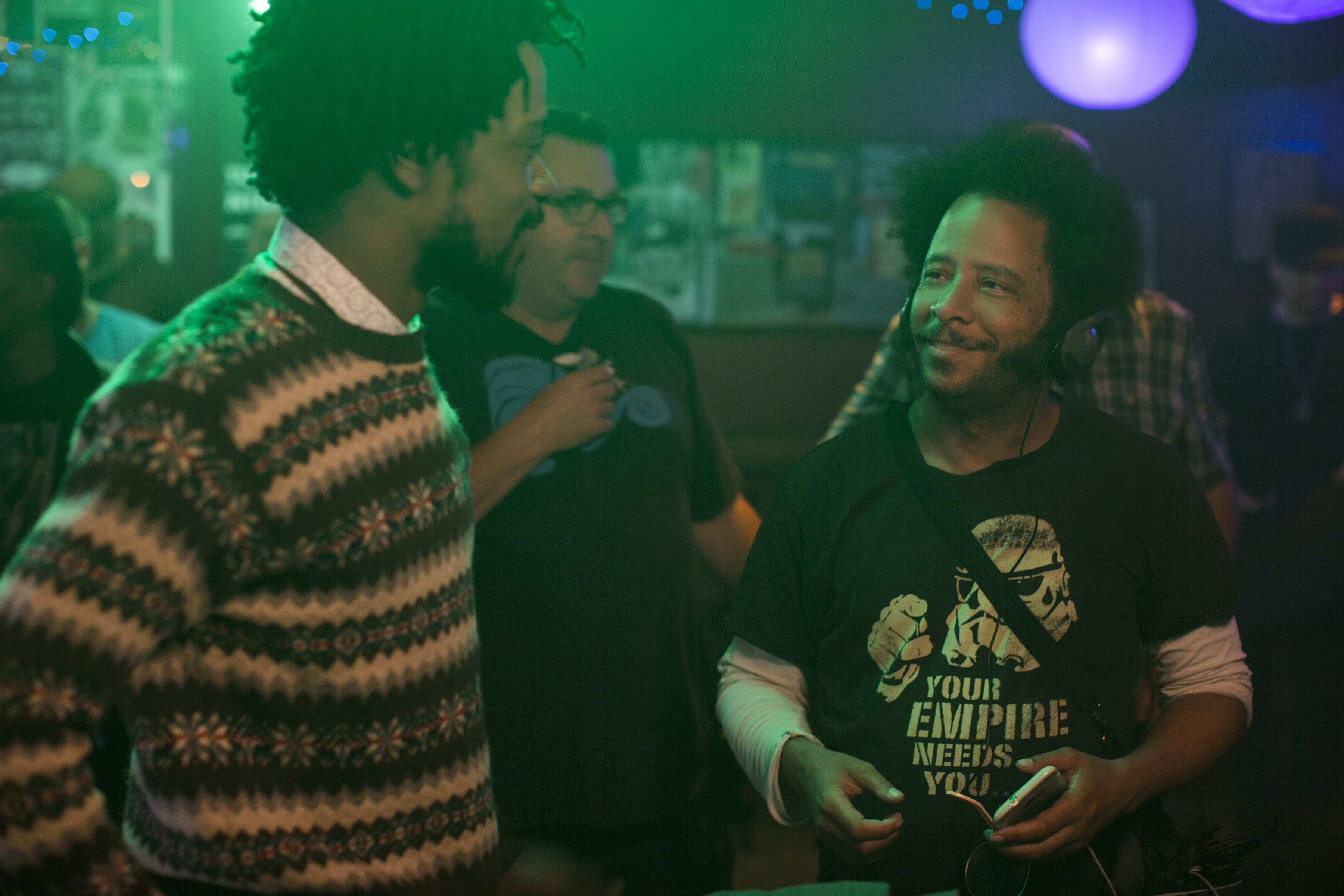
How does it feel to have a creative voice and platform during the current climate of America? Is it empowering?
It’s hard because I’m in the motion of promoting it, and it’s usually something that I’ll look back on later. But to have people talking about the film, to have opinions about it, debating about it, people I look up to having seen the film, it’s really cool.
Do you think art can bring social change?
I think that for art to be effective of social change, there has to be a movement for the folks that are consuming the art to get involved with, and also those artists making it have to be involved in the movement. Not just look at it from afar, and comment on it: artists need to ask the right questions or answer the right questions. They need to be in the grassroots campaigns, to help those happens – whether its door to door or in their job – they need to answer what the people want to know: whether they should do something and whether they can do something. For artists to make art that’s meaningful, they have to be in the conversation.
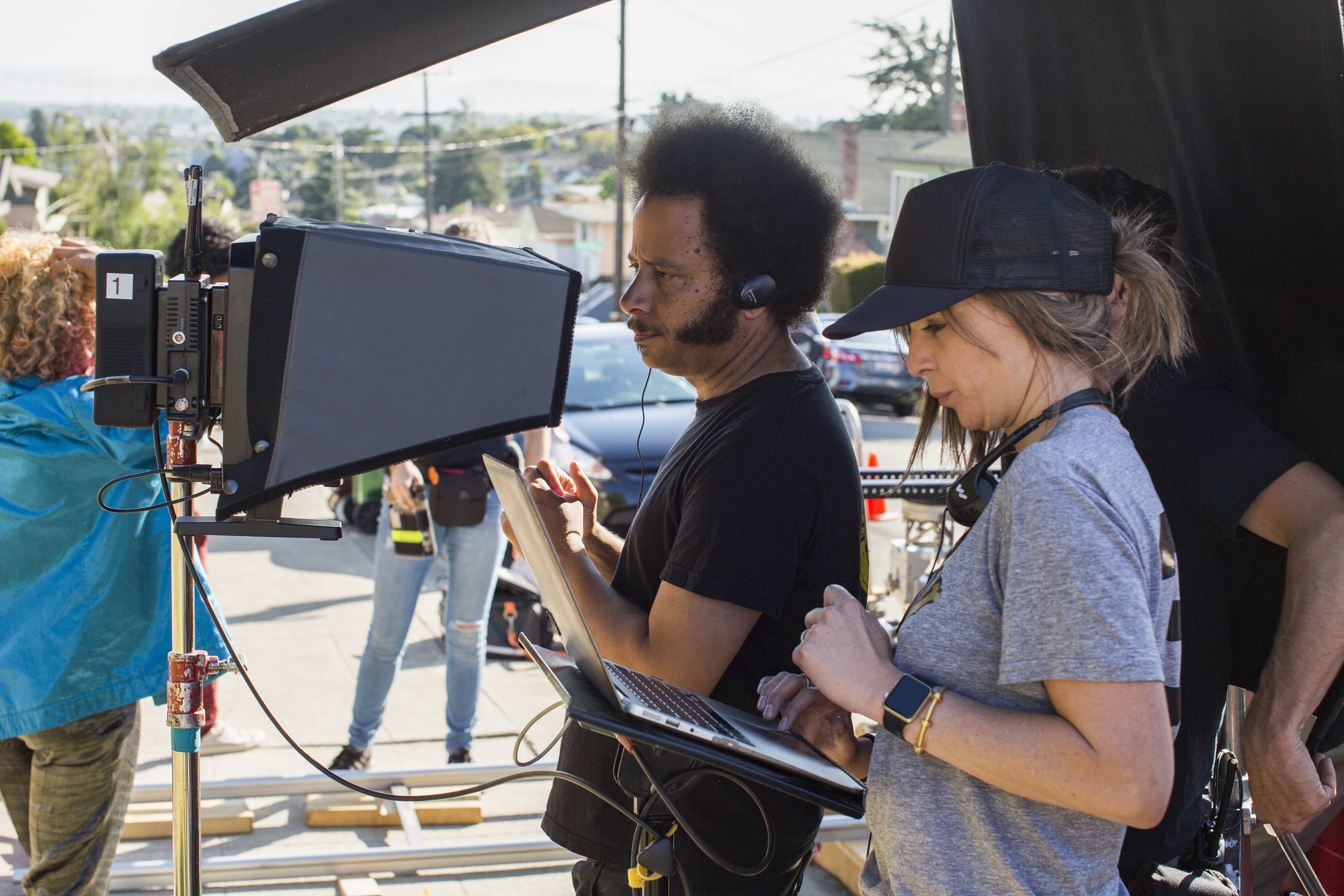
Did you have a creative upbringing?
I was mainly around TV before film school, I went to see the major blockbusters. My father would take me to a few more arthouse films, Terry Gilliam stuff like Time Bandits or Brazil. But I wasn’t exposed to much alternate cinema when I was young.
What are the films that have shaped you the most as a person?
Ooh personally, not as a filmmaker? Let’s see… Purple Rain, Grease, Battle of Algiers… Those are a few that have really affected who I am today.
What’s next for you?
I have deals to make other things, I’m writing two features right now. I have a TV deal too which is with Michael Ellenberg who brought Game of Thrones to HBO… I’m writing and directing an episode of Guillermo Del Toro’s 10 After Midnight which should be great.
Sorry to Bother You is in cinemas now.
